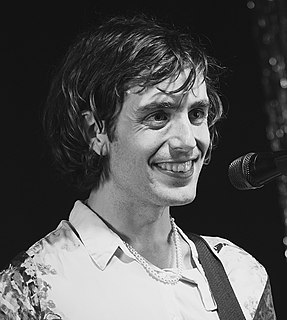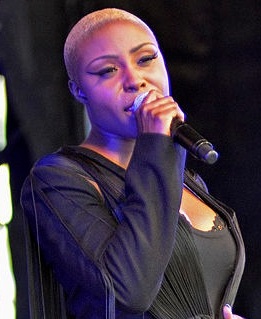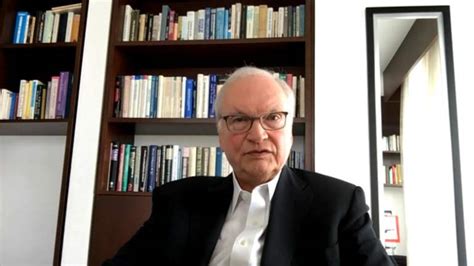A Quote by Ezra Furman
People get stigmatised for their bodies and for their differences. Then those people become very vulnerable.
Quote Topics
Related Quotes
In every crisis, people do not respond like a school of fish. Some people become immobilized. Some people become very angry, some commit suicide, and other people begin to find solutions. And visionary organizers look at those people, recognize them and encourage them, and they become leaders of the future.
Since I was born I remember my dad and my mom always embracing diversity and differences among people and that being the core of America and happiness and all those different things. And that goes along with equality and you should treat everybody equal and be fair and not judge people and dislike people because they are different, and embrace and enjoy people because of the differences they have.
We separate problems with the brain into neurological and psychiatric, and it's because it's stigmatised still. Mental illness is still stigmatised. Imagine if we treated people with cancer like that. Just because your personality changes and your behaviour changes, all of a sudden you are put in a different category.
Valuing differences is what really drives synergy. Do you truly value the mental, emotional, and psychological differences among people? Or do you wish everyone would just agree with you so you could all get along? Many people mistake uniformity for unity; sameness for oneness. One word--boring! Differences should be seen as strengths, not weaknesses. They add zest to life.
We need to do what I call visionary organizing. Recognize that in every crisis, people do not respond like a school of fish. Some people become immobilized. Some people become very angry, some commit suicide, and other people begin to find solutions. And visionary organizers look at those people, recognize them and encourage them, and they become leaders of the future.
I do not deny certain kinds of biological differences. But I always ask under what conditions, under what discursive and institutional conditions, do certain biological differences - and they're not necessary ones, given the anomalous state of bodies in the world - become the salient characteristics of sex.


































